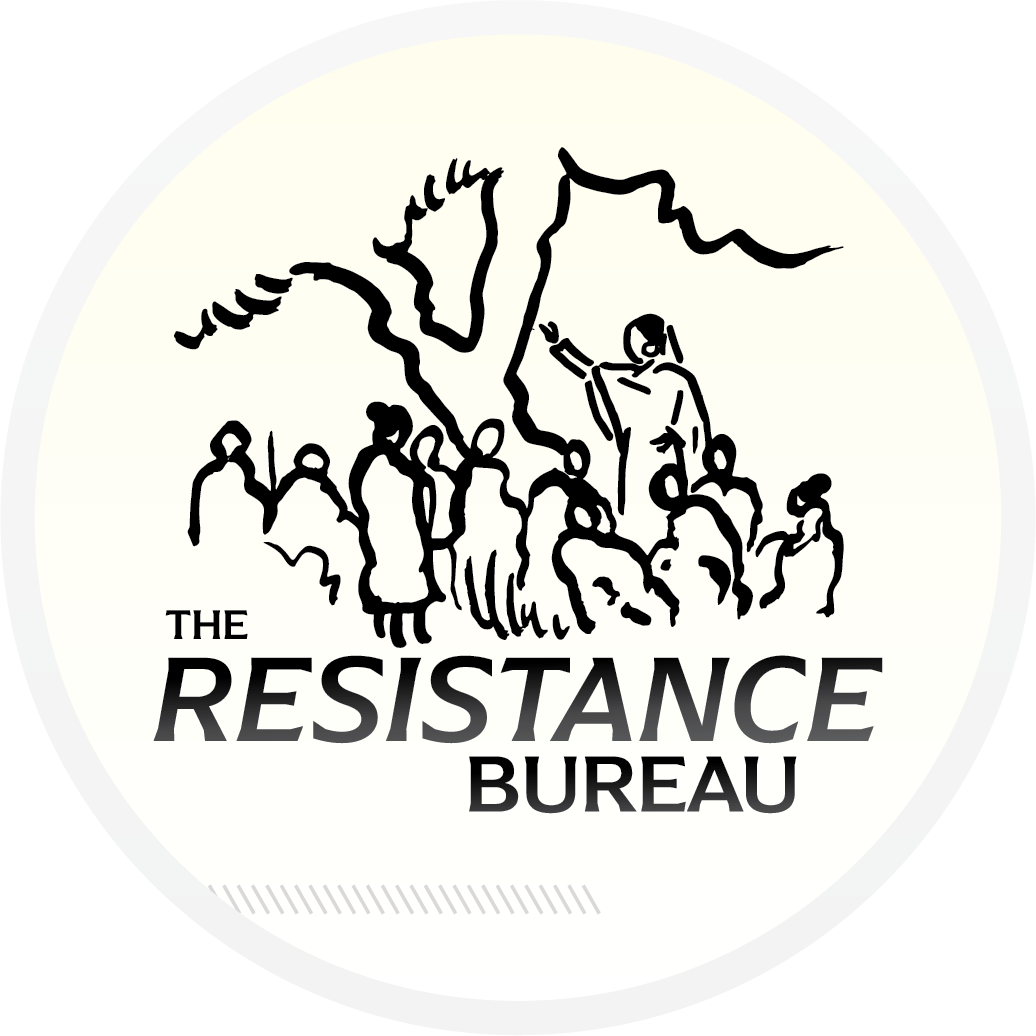Live Show: Resisting Repression in Tanzania
Our decision to develop a show specifically on Tanzania was inspired by a rumored kidnapping attempt on opposition leader Tundu Lissu and the mounting evidence that the ruling CCM party is preventing opposition candidates from submitting their nomination forms for the October elections.
These concerning developments are unsurprising. President John Magufuli has become increasingly intolerant of dissent over a number of years. This worrying situation has been captured by Human Rights Watch and journalist Jason Burke of The Guardian. Put simply, opposition leaders and civil society activists no longer feel safe in the country.
Perhaps the most shocking event over the last few years was the attempted assassination of Tundu Lissu – a guest on our first ever program – in September 2017. But less high-profile incidents are happening on a daily basis. Tundu Lissu, in particular, continues to face threats to his personal safety, as journalist Sophie Neiman has written in World Politics Review. In order to combat Magufuli’s growing authoritarianism and disdain for political opposition, Zitto Kabwe – a guest on this program – has eloquently argued that an opposition alliance will be crucial for October’s election.
One of the most persistent targets of the ruling party has been the media, both local and foreign. A social media tax has increased the cost of using the Internet, while posting “rumors” online can now land you in jail. Our co-host on this program, activist and media commentator Maria Tsehai, says that this move is a clear attempt by the government “to use laws as a weapon against the citizenry — in other words, to deploy lawfare.”
More recently, the government clamped down on the foreign press. Attacks on journalists and the increasing censorship of independent outlets has been carefully tracked by the Committee to Protect Journalists, as well as Reporters Without Borders. Since 2016, the year after Magufuli took office, Tanzania has dropped 53 places in the World Press Freedom Index as compiled annually by the latter group. As we mentioned during the live program, this represents the biggest drop of any country in the world in recent years.
It is important to not be fooled by the government’s attempts at window dressing, such as selecting a woman to be President Magufuli’s deputy – an attempt to make the regime appear more inclusive and respectful of women’s rights. This is “manipulative political camouflage,” as our guest Fatma Karume argued during the program.
It did not start out this way in Tanzania. Initially, President Magufuli was lauded for being a “man of the people” willing to get his hands dirty on fighting corruption. But it soon became apparent that this attitude went hand-in-hand with a refusal to believe that he could be wrong or to tolerate dissent. As a result, writes academic Dan Paget, after his election in 2015, Tanzania experienced an authoritarian turn. From preventing opposition rallies to arresting those critical of the government, including high-profile journalists, the situation continued to worsen. In November 2019, our co-host Jeffrey Smith wrote of Magufuli waging a “war on democracy for the Council on Foreign Relations.
This is bad news. Not just for civil liberties and political rights, but also for public policy more broadly. Most notably, Magufuli’s refusal to take COVID-19 seriously has put the lives of citizens at risk unnecessarily, leading one of our speakers, Mwanahamisi Singano, to plead: “Mr President, just tell us the truth.” And Fatma Karume has similarly argued: “The joke remains on Tanzania.” Yet, no one is laughing.
The Tanzanian situation is indeed tragic, but it is not unique. In countries like Zambia, populist leaders have also come to power and were initially lauded for their willingness to clamp down on corruption and “to get things done.” As in Tanzania, this initially positive assessment turned lukewarm, then highly critical, as the personalist style of governance began to undermine checks and balances and weaken democratic institutions.
Having written about this phenomenon in Zambia, under the Patriotic Front government, our researcher Nic Cheeseman was quick to spot the phenomenon in Tanzania, deconstructing the so-called Magufuli miracle in 2016. He later continued to warn of the perils of populism. This is a worrying trajectory because it suggests that if Magufuli secures a forced landslide victory in October, he may use his legislative dominance to return the country to something resembling a one-party state, and possibly remove presidential term limits, as other regional leaders have done.
Tundu Lissu – a featured guest on our first ever program – has warned that Magufuli intends to be a “president for life.” In his cautionary warning: “Only with the goodwill and support of our democratic allies across the world can we successfully climb out of this anti-democratic ditch being dug by our president and the sycophants surrounding him.” Just as important, Mwanahamisi Singano also reminds us that the fate of Tanzania is, ultimately, in the hands of its citizens. “The fear is real,” she writes, “but we must resist and overcome it.”
